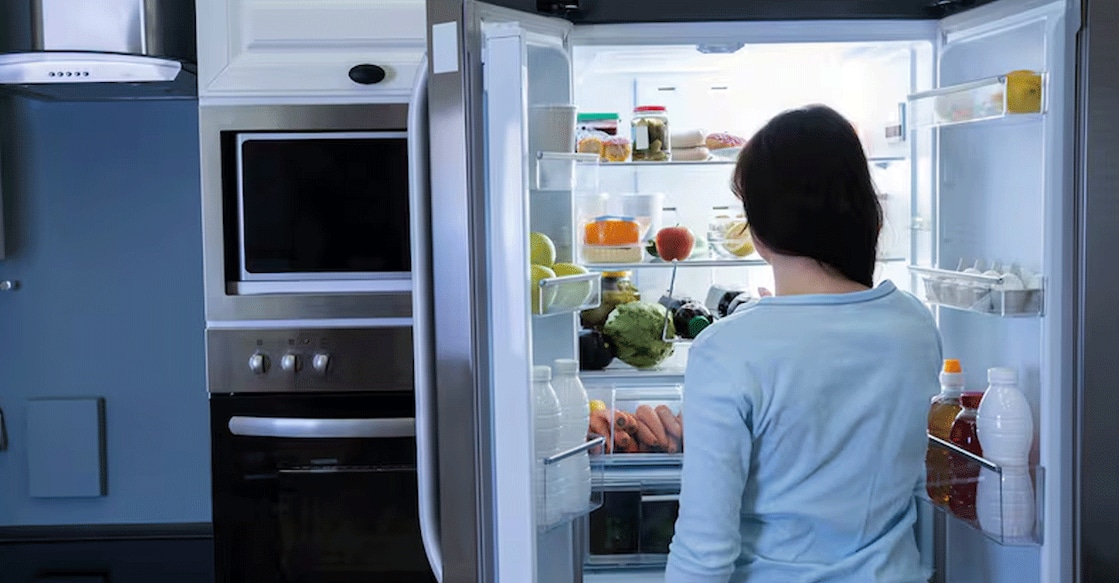How to store food right in fridge? Tips to avoid food poisoning

Mail This Article
Hygiene is the most important preventive measure against food poisoning. The kitchen and its premises where food is cooked and stored should always be neat and tidy. Washing your hands using soap and water before cooking is an important step. Besides, the utensils in which food is prepared and served should be clean. Vegetable peels, egg shells, and fish and meat waste should be discarded promptly and shouldn’t be stored inside the kitchen.
Keep away houseflies, as they could cause diseases. Rotten fish and eggs, stale meat, and vegetables should not be used for cooking. Vegetables should be washed thoroughly using salt and vinegar. Bacteria don’t grow on food that is stored below five degrees Celsius. Meanwhile, bacteria will be eliminated when the food is cooked at over 70 degrees Celsius. So, food items should either be refrigerated or cooked thoroughly to ensure they are safe for consumption.
Here’s how to use fridge properly
Do not store cooked and uncooked food together in the fridge, as there is a risk of cross-contamination. Uncooked fish and meat should be stored in airtight containers before being kept in the fridge or freezer. All cooked food should be stored in containers with tight lids. Fish, meat, vegetables, and cooked food should be stored in specific spots inside the fridge.
After setting aside a small portion for consumption, freshly cooked food should be transferred to a container after it has cooled down and stored in the fridge (preferably within two hours). For instance, food that is cooked in the morning should be kept in the fridge within an hour and not at night. Frozen meat and fish should be thawed or kept outside until they reach room temperature before cooking. However, bacteria will begin to grow on them if they are kept outside for hours. So, it is better to move the fish or meat from the freezer to the fridge first and then take it out.
Do not ignore these symptoms
Vomiting after eating, nausea, body pain, tingling sensation on the body, diarrhoea, stomach pain and fever are some of the main symptoms of food poisoning. These symptoms may appear within hours after eating food or even after a day. Liquids that prevent dehydration, such as ORS, should be consumed to prevent the symptoms. However, the patient should be rushed to the hospital if the dehydration is severe. Dehydration caused by food poisoning could even lead to death.
Points to note while buying food from outside
1) Food bought from hotels should be consumed within two hours
2) It is better to avoid eating meat while travelling
3) Avoid ice cubes in fresh juices if you think they are unsafe
4) Do not eat old or mouldy pickles
5) Do not add raw eggs to mayonnaise. It is safe not to consume the mayonnaise that is provided with the parcel food
6) Do not eat a dish if you think it is old or stale.
Information courtesy: CR Randeep, Assistant Commissioner, Food Safety Department
Dr CS Nandini, deputy DMO.

